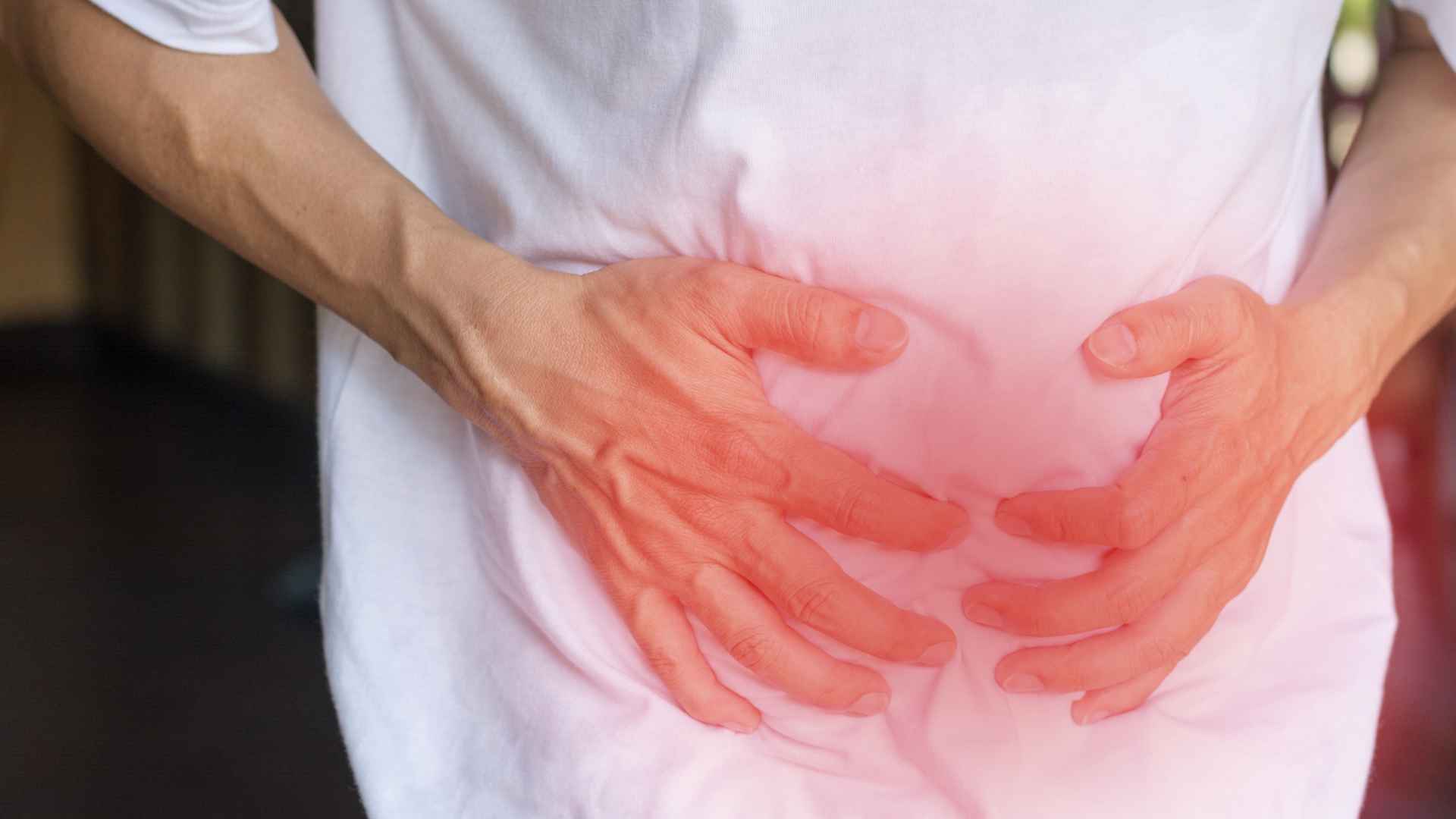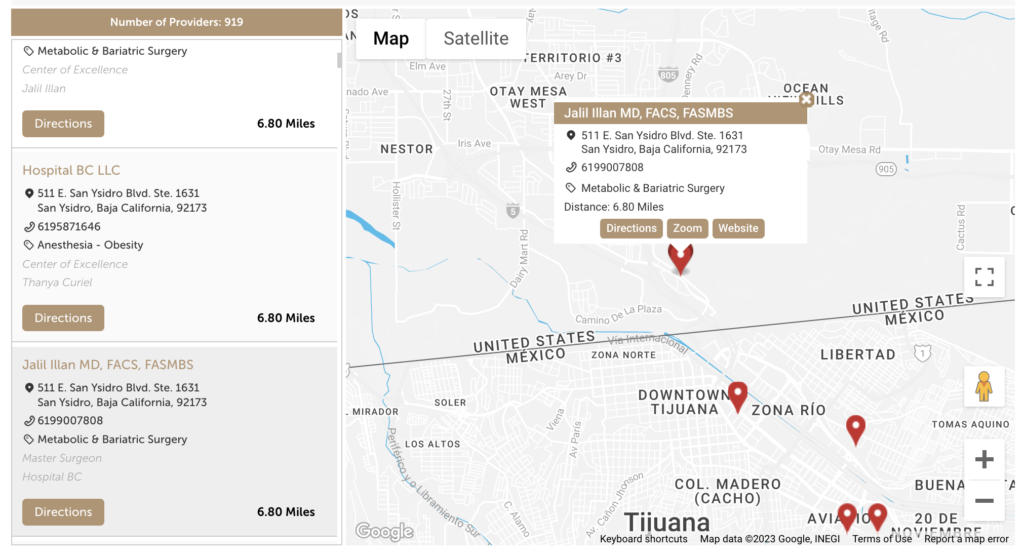Understanding Foul Bowel Movements After Gastric Bypass Surgery
Have you recently undergone gastric bypass surgery? You may have noticed a few changes to your body and bowel movements, like excessive passing of gas, loose stool, and other side effects. Know that these are all normal and happen to so many patients post-surgery. You also probably can’t help but wonder: Why do you have foul-smelling bowel movements after a gastric bypass?
Why Does Bowel Movement Become Smelly After Weight-Loss Surgery?
Smelly bowel movements after gastric bypass and gastric sleeve surgeries are more common than you think. It happens to many patients, so you don’t have to be alarmed or embarrassed when you experience it. For one, bariatric surgeries alter how the body works during food intake and absorption. After a bypass, your digestive system is entirely altered by reducing the stomach size.
As a result, the body digests food faster than usual, which aids in weight loss. When this happens, your body takes in fewer nutrients, leading to increased passing of gas and smellier bowel movements. Luckily, this side effect is only short-term. With time, the body adjusts to its new normal, and the more you recover, the better you adjust. However, if this persists for a long time, make sure you consult with your doctor.
How To Avoid Smelly Bowel Movements After Weight-Loss Surgery
Although short-term, you must take necessary precautions to avoid such side effects. You want your bowel movements back to normal, starting with watching what you eat. Your doctor will advise you accordingly on what to avoid to manage the foul smell. For instance, you are advised to reduce the intake of fizzy drinks. These quickly introduce excessive gas into the body and affect your bowel movements.
Secondly, ensure you take your time when eating your meals, chewing thoroughly before you swallow, which aids in better food digestion. It is also advised to avoid drinking water or other fluids while eating and wait for at least an hour after meals before drinking anything. Lastly, check that you reduce your sugar, sodium, and carbohydrate intake. These foods are known to cause blood pressure fluctuations and trigger dumping syndrome, leading to diarrhea, nausea, excessive gas, and vomiting.
Seek Medical Advice from a Trusted Professional
Smelly bowel movements and other digestive changes are expected post-surgery, but there are ways to manage them. If you suffer from such complications after a gastric bypass in Tijuana and the symptoms persist, it is best to consult with a professional like Dr. Jalil for advice on the best way forward and the proper medication to take.







